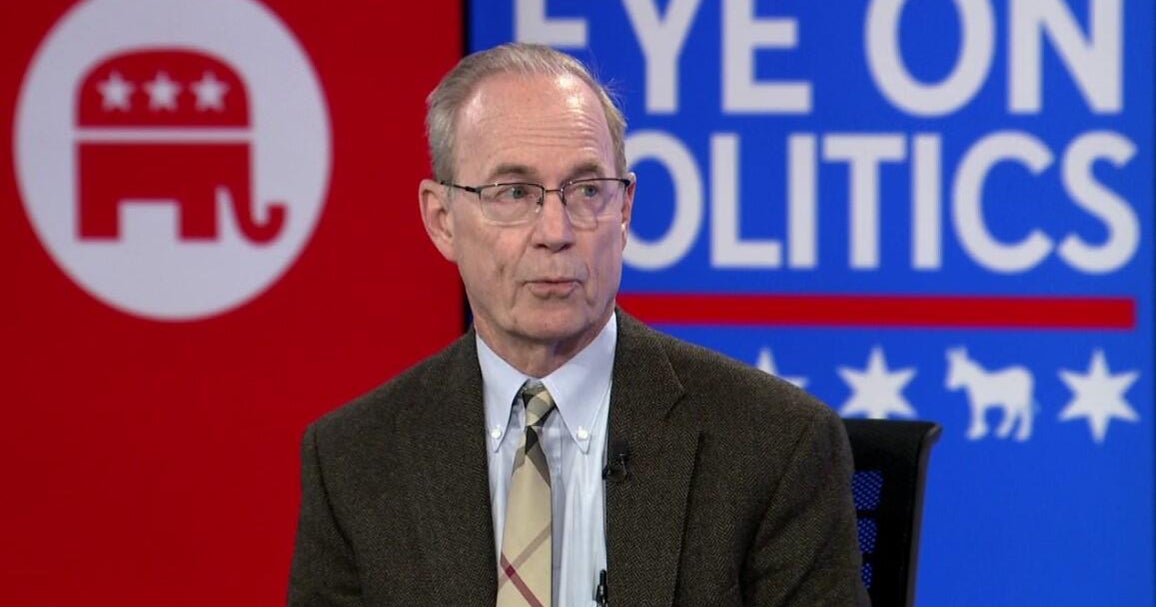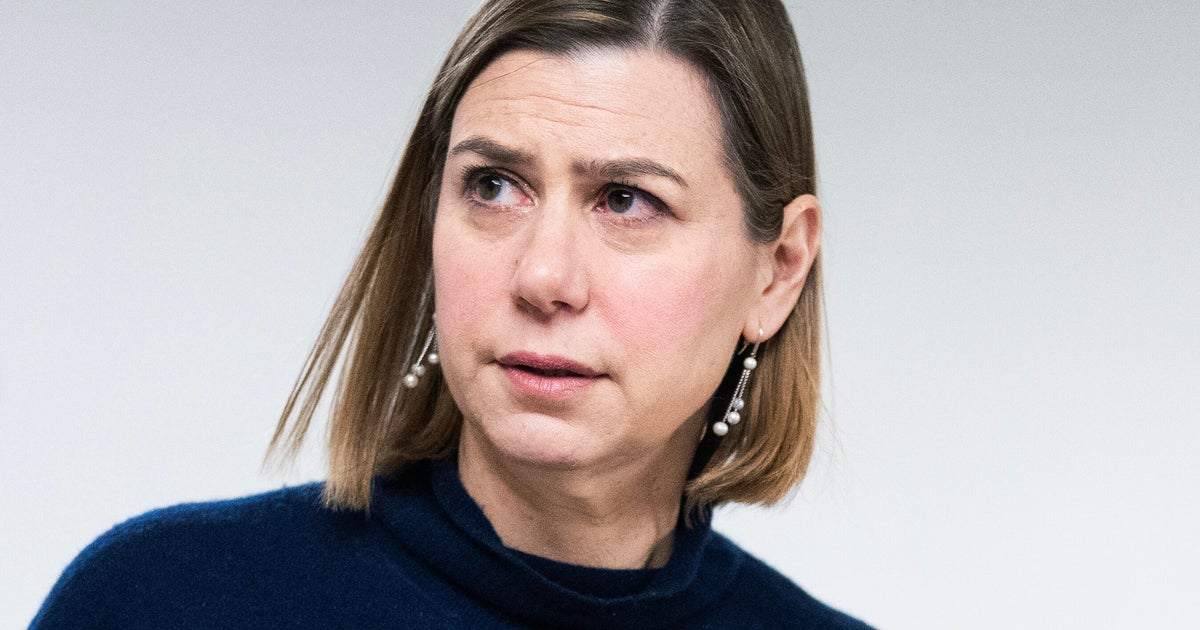Transcript: General H.R. McMaster on "Face the Nation," November 22, 2020
The following is a transcript of an interview with former national security adviser H.R. McMaster that aired Sunday, November 22, 2020, on "Face the Nation."
MARGARET BRENNAN: We go now to President Trump's former national security adviser, H.R. McMaster. The retired army general has a new book, "Battlegrounds: The Fight to Defend the Free World." Good morning to you.
LIEUTENANT GENERAL H. R. MCMASTER: Good morning, MARGARET. Great to be with you.
MARGARET BRENNAN: Good to have you. Joe Biden is the president-elect. President Trump has no viable legal pathway to litigate his way to 270 electoral votes. But he continues to raise doubts about the election and to sow doubt among the American public. How corrosive is that to our national security?
MCMASTER: Well, it's- it's very corrosive, MARGARET, and what- what concerns me is that the president's kind of playing into the hands of our adversaries. You know, what- what I write about in "Battlegrounds" is how Russia really doesn't care who wins our elections as long as a large number of Americans doubt the legitimacy of the result. And I think what all of us need to do at this point is to demand better from our political leaders, in this case, especially the president, that they don't play into our adversaries hands and- and divide us further and reduce our confidence in our democratic principles and institutions and processes.
MARGARET BRENNAN: The president fired Chris Krebs, the official in charge of election security in the past few days after he said there was no evidence any U.S. voting system was compromised. That contradicted the president's legal team. Krebs called that press conference this week "the most dangerous hour and 45 minutes in American history and possibly the craziest." Is he overstating it?
MCMASTER: I think he's overstating it. We should be confident. Now, of course, I think it was just a travesty to fire Chris Krebbs, because really what the administration should have done is taken credit for the vast improvements that the Trump administration made in our election security since 2016. Chris Krebs was a big part of a comprehensive effort to do so. But hey, MARGARET, it's Thanksgiving week. We should be thankful for the framers of our Constitution because they designed our form of government based on what they saw as worst-case scenarios, worst-case scenarios based on the bloody wars in England in the 17th century. And so we have in place a transition that will occur without really the- the say of the executive branch. Right? The president doesn't get a say in the transition itself.
MARGARET BRENNAN: Afghanistan. I know you feel strongly about the conflict there and our troops who continue to serve. This week, President Trump halved the number of U.S. troop presence from 4,500 down to 2,500 by mid-January, even though violence is spiking, even though the Taliban has not cut ties with al-Qaeda. Is the president handing the Taliban a victory on the way out the door?
MCMASTER: Yes, MARGARET. In fact, what I think President Trump has done is paradoxically doubled down on all the flaws of the Obama administration approach to Afghanistan by conjuring up the enemy we would prefer, instead of the actual enemy that we are facing in Afghanistan. An enemy that- that- who- if they win, if the Taliban establishes control of large parts of- of Afghanistan, give safe haven and support base to terrorist organizations who want to commit mass murder against us on the scale of 9/11, we will be far less safe and- and vulnerable to these groups. And I think what happened is the prioritization of withdrawal over our interests led to us actually empowering the Taliban. I mean, if we were going to leave, just leave, but don't force the Afghan government to release 5,000 of the most heinous people on Earth. Don't- don't- don't make this assumption that there is this bold line between the Taliban and these other terrorist organizations. Hey, we saw today with these rocket attacks in Kabul and- and the images of- of hundreds of young girls fleeing these- these rocket attacks. We saw it with, you know, an attack on a maternity hospital where they gunned down pregnant mothers and- and killed infants. We saw on the attack of- on the American University in- in Afghanistan. I mean, what does power sharing with the Taliban look like? Does that mean every other girl school is bulldozed? Does that mean there are mass executions in the soccer stadium every other Saturday? I think it's- it's abhorrent what we're doing. And- and I hope that- that a Biden administration will reassess based again on what's--
MARGARET BRENNAN: Yeah.
MCMASTER: --in it for us. I mean, MARGARET--
MARGARET BRENNAN: Well--
MCMASTER: --this is not a theoretical case, right? We know what happened on 9/11.
MARGARET BRENNAN: Quickly, the conflict to come with China. You were the architect of the Trump strategy. Is Joe Biden inevitably headed for conflict with China?
MCMASTER: No, and I think what the Trump administration has done is really set us up to- to be competitive with China. And this should be a form of transparent competition. We know that the assumption on which previous China policy was based was flawed. Right? That China, having been welcomed into the international order, would play by the rules and as it prospered, it would liberalize its economy and liberalize it's form of government.
MARGARET BRENNAN: Yeah.
MCMASTER: The exact opposite is happening. And so it's important to compete as a way to avoid a confrontation with China.
MARGARET BRENNAN: Okay, H.R. McMaster, good to get your insights. Thank you. We'll be right back.



